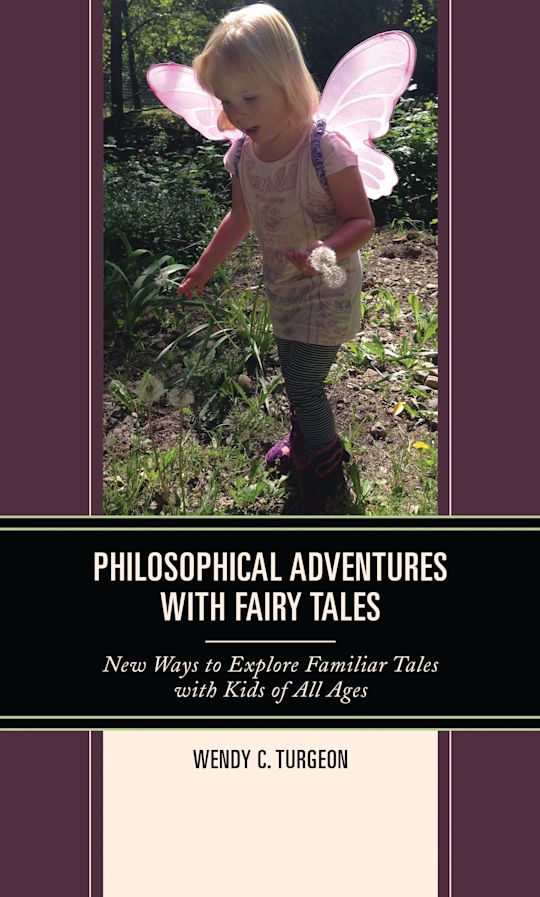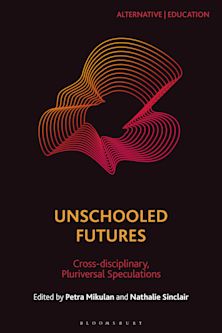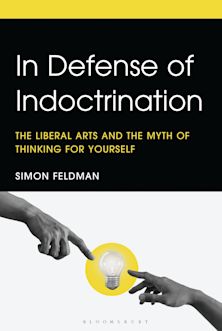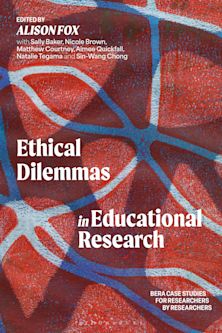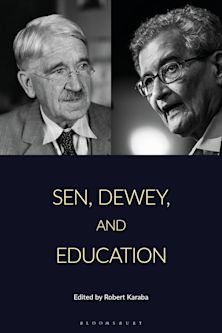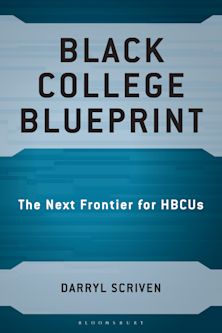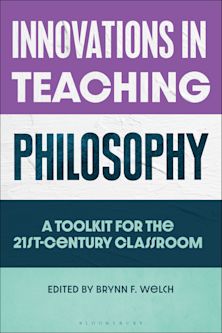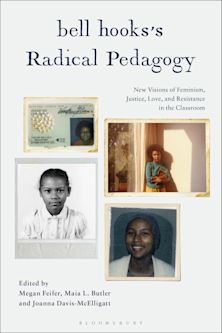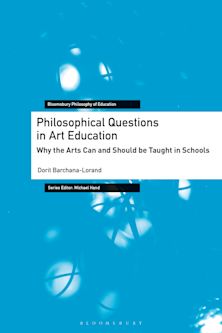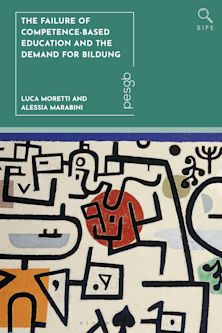Philosophical Adventures with Fairy Tales
New Ways to Explore Familiar Tales with Kids of All Ages
Philosophical Adventures with Fairy Tales
New Ways to Explore Familiar Tales with Kids of All Ages
This product is usually dispatched within 10-14 days
- Delivery and returns info
-
Free UK delivery on orders £30 or over
Description
Often we think of fairy tales as written for little children as entertainment. But fairy tales are much more and invite young and old alike to reflect on serious philosophical themes. This book offers readers opportunities to engage in philosophical dialogue over a range of important concepts such as truth, goodness, beauty, fairness, and many more. The prompts for these reflections will be fairy tales. In addition to offering guidelines for building a philosophical community with children and young people, the reader will read familiar stories with fresh eyes and encounter new ideas with surprising connections to contemporary issues and concerns. Parents will enjoy sharing a tale with their child and journeying into the big questions that fascinate children. Teens will relish the chance to revisit a favorite fairy tale but as now addressing their own questions and concerns. Finally, adults who are intrigued by philosophy can explore the power of stories, fairy tales, to bring forward serious questions of justice, identity, and meaning making.
The values of doing philosophy are many: developing our critical thinking ability, learning how to question and explore alternative ideas, building good arguments for our positions, listening to those who may see the world differently than we do and learning to engage them in meaningful dialogue. The value of using fairy tales is their accessibility to a wide audience, their innate appeal to our imagination, and their magical ability to make us ponder.
Table of Contents
Chapter 1: Brief overview of the book with guidelines on how to use it depending upon the audience (parents, teachers, philosophy club moderators, interested readers)
Chapter 2: Introduction to philosophical inquiry with children and young people (and adults)
Value of questions and the criteria for good thinking
Having a philosophical dialogue: guidelines for the family, for the classroom, for the philosophy club
Chapter 3: Why Fairy Tales for philosophy?
Benefits of “doing philosophy” and problematizing fairy tales, including a short guiding review of current literature on this topic
Part II: Fairy Tales and Philosophy
Chapter 4: Introductory Chapter: where to find fairy tales
Some Notes on the Sources [If you want this separate from the intro chapter]
Chapter 5: The Frog King or Iron Heinrich
Chapter 6: Rapunzel
Chapter 7: Fitcher’s Bird
Chapter 8: Little Red Riding Hood
Chapter 9: The White Snake
Chapter 10: The Little Mermaid
Chapter 11: The Seven Ravens
Chapter 12: Cinderella
Chapter 13: Beauty and the Beast
Chapter 14: Hansel and Gretel
Chapter 15: Snow White
Chapter 16; Puss ‘n Boots
Chapter 17: The Three Bears
Appendix A: Sources for more information about philosophy and children
Appendix B: Contemporary Reimagining of Classic Fairy Tales
Appendix C: List of the themes in the Fairy Tales chapters
About the Author
Product details
| Published | 08 Apr 2020 |
|---|---|
| Format | Hardback |
| Edition | 1st |
| Extent | 182 |
| ISBN | 9781475853223 |
| Imprint | Rowman & Littlefield |
| Dimensions | 229 x 161 mm |
| Series | Big Ideas for Young Thinkers |
| Publisher | Bloomsbury Publishing |
Reviews

ONLINE RESOURCES
Bloomsbury Collections
This book is available on Bloomsbury Collections where your library has access.









